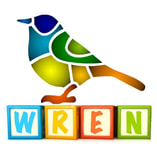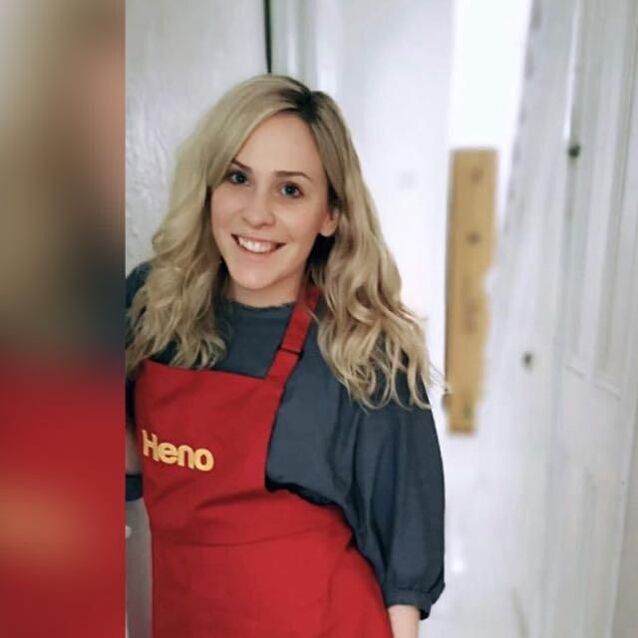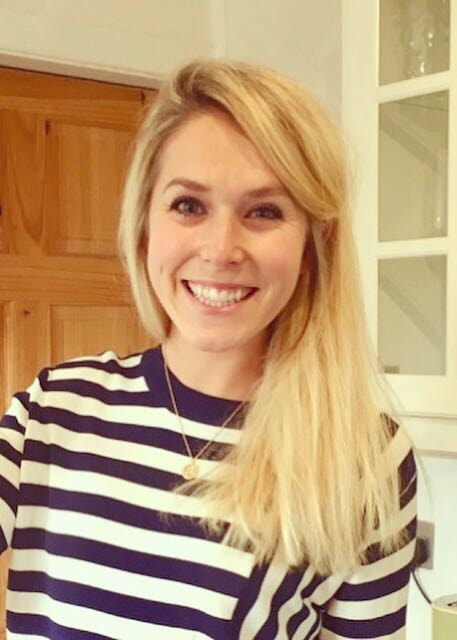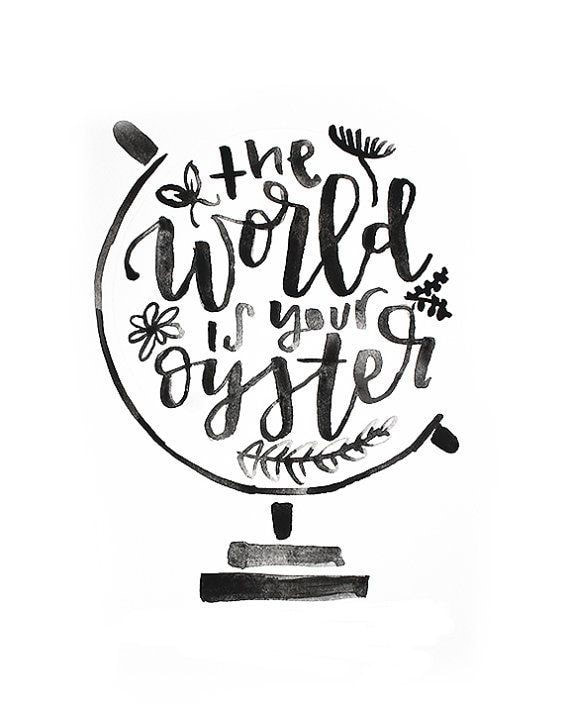|
Dr Tom Cromarty Editor Interests: Paediatric Emergency Medicine, Medical Engagement and Leadership, Simulation, Quality Improvement, Research Twitter: @Tomcromarty |
Welsh Research and Education Network
WREN BlogHot topics in research and medical education, in Wales and beyond
Dr Celyn Kenny Editor Interests: Neonates, Neurodevelopment, Sepsis, Media and Broadcasting Twitter: @Celynkenny |
|
Dr Annabel Greenwood ST3 This is the first (hopefully of many!) of a new blog feature entitled ‘a day in the life of….’ Rebecca and I thought the blog would provide an excellent platform to share experiences of various opportunities and achievements, including paediatric speciality medicine posts, and out-of-programme experiences, both academic and non-medicine related, inspiring readers to explore something new to enhance and enrich their paediatric training. It gives me great pleasure to debut this new blog feature by sharing my experiences of paediatric oncology. Having just completed my 6-month ST3 post, there is absolutely no question that I would recommend it to my fellow trainees! I hope by the end of reading this blog some of the misnomers associated with the world of paediatric oncology will have been dispelled. Now, I’ll be completely honest with you…when I was first given ‘paediatric oncology’ as my ST3 rotation, I was a little apprehensive to say the least. My previous exposure to oncology had been only brief encounters during out-of-hours speciality cover, treading water until handover. The complexity of the patients, the mind-field of chemotherapy regimens, and the ‘sick’ potential of the febrile neutropaenia patients is enough to induce a resting tachycardia just thinking about it right?! Let alone managing such situations! Fast forward 6 months, and my feelings as I walk onto the ward each morning couldn’t be further from that overwhelming uncertainty at the outset. And these are just some of the reasons why; 1. Teamwork: The MDT on the paediatric ward is truly wonderful and you feel part of the ‘family’ in no time. The nurses and nurse specialists know everything about their patients and chemotherapy regimens, and are always happy to help, the play specialists have an incredible way of boosting morale and making what can sometimes feel impossible, possible, and the consultants are very ‘hands-on,’ supportive and approachable. I sometimes don’t know where I’d be without the knowledge and advice of the pharmacists, not to mention to the wonderful physios, dieticians, and psychologists. 2. Variety: There is no denying that paediatric oncology is one of the busiest jobs in the hospital. The days can be relentless and sometimes it feels like you spend hours sorting the smallest of tasks, yet it’s often the smallest things that can make the biggest difference to both patients and their families. No two days are the same, from daybed reviews to the ward management of both haematology and oncology inpatients…every day brings new challenges and experiences. 3. Organisational/management skills: New patients often need investigations and procedures sorting quickly, involving liaison with the anaesthetists, surgeons and radiologists. There is a weekly ‘lines list’ to be coordinated for insertion/removal of portacaths/hickmann lines, and there is a weekly ‘planning meeting’ to discuss and arrange patients to be admitted for chemotherapy, investigations or procedures. 4. Practical procedures: There is a small theatre room on the ward for the weekly list of bone marrow aspirates, lumbar punctures and intrathecal chemotherapy. This is primarily led by the consultants and registrars. 5. The management of sick kids: Oncology and haematology patients have the potential to get really sick, quickly. Neutropaenic patients on chemotherapy can become profoundly septic, and sickle cell patients can present in an acute crisis. Coordinating the management of such patients although stressful, is excellent preparation for transitioning to middle grade training. There are protocols for the management of various situations, and as mentioned previously, there is always support provided by the consultant. 6. Emotional aspect: One of my principal anxieties before starting the rotation was how to handle the emotional aspect of the job. Of course, there can be devastating situations where treatment is unsuccessful, however, the kids are incredible, so resilient and courageous, and certainly serve to put things into perspective. Many of the children return to the ward on a regular basis for reviews and chemotherapy, so you really get to know the children and their families, and play a significant part along their treatment ‘journey.’ Of course like most jobs there can be days where there is no spring in my step along the ward, however, the positives far outweigh the negatives, and I am so grateful for the opportunity to experience such a truly wonderful job. If you've done a unique job and want to share your experiences as a blog post then email either Rebecca or Annabel to share different experiences.
0 Comments
Leave a Reply. |
Editors
Dr Annabel Greenwood Categories
All
|






 RSS Feed
RSS Feed
